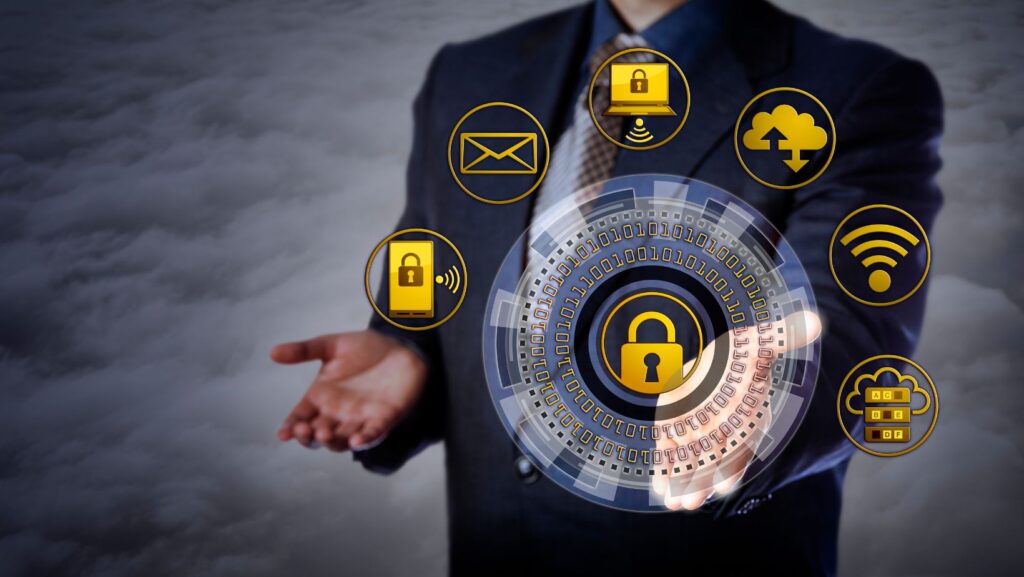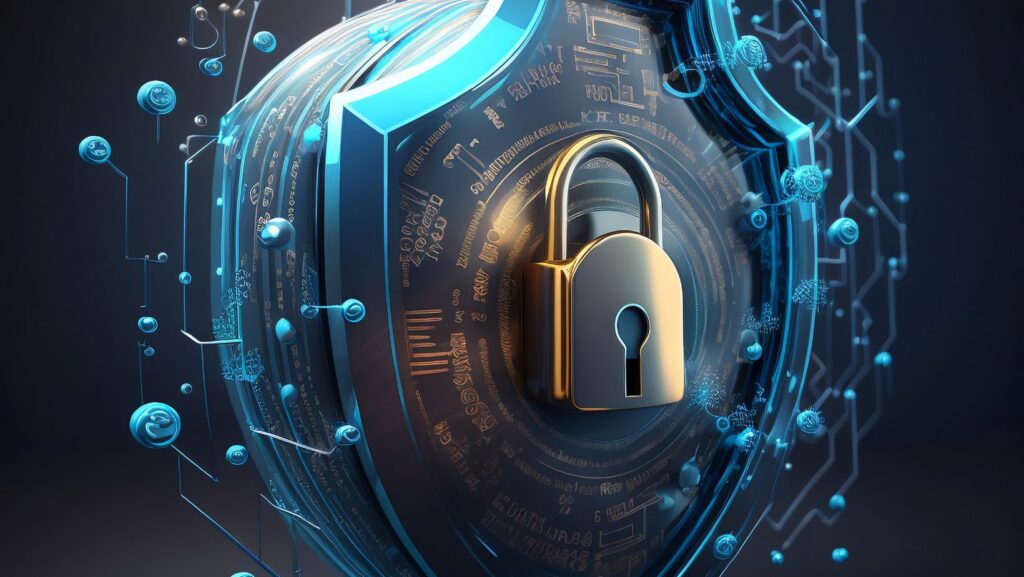Following the principles of ethics is useful when mitigating cyber threats. Cybersecurity experts work hard to ensure online systems and networks stay safe. They are entrusted with making sure data stays safe from breaches. Confidentiality is crucial in the work of cybersecurity experts. However, they often face dilemmas when balancing privacy and security. Due to their work, they have access to pools of personal and proprietary data. Their main challenge is ensuring data privacy and accessibility. They must maintain owner rights and make sure the information is accurate.
The level of Ethical Concerns in Cybersecurity
Data security laws often give cyber experts freedom on one part but deny it on another. It is harder for them to pinpoint the thin line between obeying and breaking the laws. People and entrepreneurs fear losing information to breaches. Due to this, they entrust cybersecurity professionals to take care of their data. The experts can view emails, edit passwords, and track user behavior. Regardless, the ethical concerns in cybersecurity gaps widen all the time. Beyond the corporate level, there are national and internal level laws. These are issues that an ordinary person might never deal with. However, a balance between ethics and security for cyber experts is a critical issue to deal with.
While working on our computers on various apps and software, we generally open multiple windows. If you want to have a track of multiple apps together, then you can split your Mac screen. It will provide you the view like you have 4 screens in a single screen. It will arrange all opened windows side by side and will make your work easier. Cybersecurity professionals generally work on various projects together, and now you can easily keep track of all your projects without shuffling the windows.
Ensuring Confidentiality
The main cyber security ethics examples include ensuring data privacy and security. One of the aspects of privacy is confidentiality. It is an important ethical aspect of cybersecurity that every security expert must handle. Their work allows them to gain access to all data at their exposure. Some of it could be so enticing and tempting to share or talk about. Nevertheless, they must adhere to the rules, keep quiet, and never tell anyone.
Keeping All Data Private
Data privacy always hangs on the balance due to the increasing styles of breaches. The intention of cybersecurity professionals is to keep an eye on privacy. They scan data and deal with threats such as:

● Identity compromise
● Ransomware issues
● Hacker breaches
● Password compromise
● Security gaps in data that cause vulnerabilities
When dealing with such issues, the experts may fail to observe the laws. Sometimes, they may gather more data than allowed. They may collect data from people beyond what is needed. This makes the person entrusted with ensuring privacy become a threat themselves.
Balancing Privacy and Security
In cybersecurity, privacy is the task of ensuring unauthorized entities never get access. They must never be allowed to use the data and disclose its content. Based on security laws, the data should never be modified or disrupted without authority. Security offers data owners all the right to decide who can see it. The owner may grant authority to a security expert to see it.
An institution, individual, or government may allow access to privacy. Cybercriminals never ask for permission but infiltrate forcefully. Security professionals face a major dilemma in balancing privacy and security. In an institution, it is easy for them to access certain data without permission. They may do this to protect data.
Ensuring Data Accuracy
Cyber experts have a role in ensuring all data collected and stored is accurate. Organizations make a lot of decisions based on information. If it is inaccurate, the decisions would be misleading. One of the key tasks of the expert is to collect up-to-date and correct data. They must validate it often.

The experts have a role in maintaining the data to ensure it is both reliable and usable. One of the ethical issues in this includes biases and discrimination. They may lack fairness which could deny someone potential opportunities.
Ensuring Data is Accessible by the Right Users
Accessibility is important, but it should be limited. There should be strict controls on who accesses it. The security expert is required to show transparency in the permissions granted. Their management style should be clear and consistent. When allowing access, they must consider security and privacy issues.
Sharing must be equitable while considering rights and privileges. Sometimes the experts may grant extra permissions to the wrong people. They may fail to configure permissions and security correctly. They could lack transparency and equity in the entire process.
Conclusion
Cybersecurity experts ensure online systems and networks are safe. They face an array of ethical dilemmas when handling data. One of the cyber security ethics examples they deal with is never to access data without permission. More often, they fail in this role, which affects the privacy and security of information. The experts need to ensure they balance ethics and security by observing all protocols and rules.



